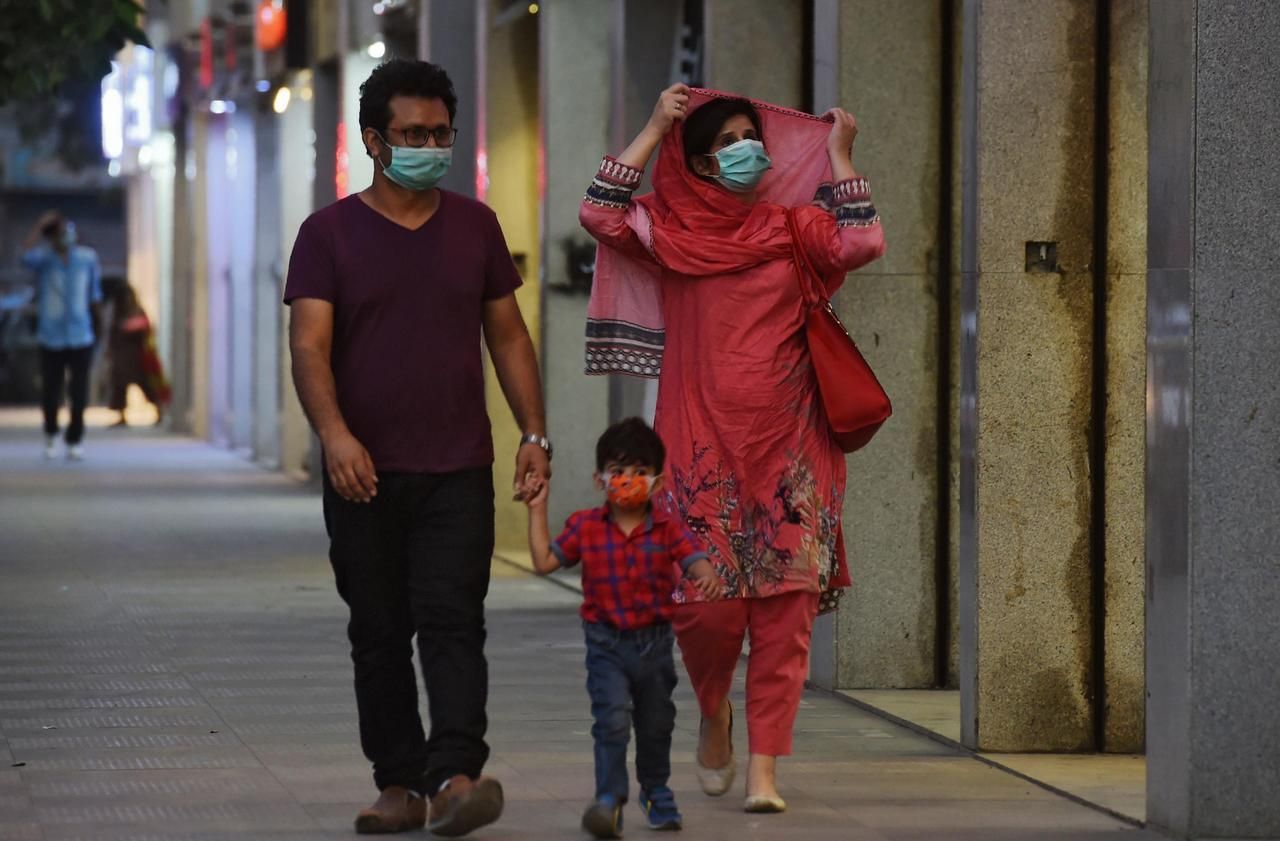The huge reservoir of unknown viruses in the animal world is a constant source of concern for the United Nations.
A group of experts underlines, in a report published on Thursday, multiple concerns about the epidemics to come.
Unless there is a radical transformation of the economic system, which destroys nature, pandemics like Covid-19 will multiply and cause more deaths, they alert, highlighting the immense reservoir of unknown viruses in the animal world.
"Without prevention strategies, pandemics will emerge more often, spread faster, kill more people and have unprecedented devastating impacts on the global economy," warns this report from the group of experts. UN on biodiversity (IPBES).
1.7 million unknown viruses
The 22 scientists commissioned by IPBES to draw up this report as a matter of urgency, without benefiting from the usual intergovernmental assessment and approval process, reviewed hundreds of recent studies on the links between humans and nature.
According to estimates published in the journal Science in 2018 and included in the report, there are 1.7 million unknown viruses in mammals and birds, and 540,000 to 850,000 of them "have the capacity to infect human beings. humans ”.
But the risks of contamination of humans by these viruses of which nothing is known are multiplied by the increasingly close contacts between wild animals, farm animals and humans.
Moreover, 70% of new diseases (Ebola, Zika) and “almost all known pandemics” (influenza, AIDS, Covid-19) are zoonoses, that is to say they come from animal pathogens.
"Climate change" and "destruction of biodiversity"
But "blaming wild animals for the emergence of these diseases is wrong", insist the experts, pointing the finger at Man and the traces he leaves on his environment.
“There is no mystery about the causes of the Covid-19 pandemic, or any other modern pandemic,” commented in a statement Peter Daszak, who led this report.
READ ALSO>
Covid-19: other viruses of animal origin at our doors
"The same activities that drive climate change and the destruction of biodiversity are stimulating the risks of a pandemic because of their impact on our environment," he continues.
"Changing land use, the expansion and intensification of agriculture, as well as unsustainable trade, production and consumption are disrupting nature and increasing contact between wildlife and livestock. , pathogens and humans.
This is the way to pandemics ”.
Identify the geographic areas most at risk
Faced with this observation, the report calls for "profound changes to prevent pandemics" and no longer be forced to simply manage and control epidemics after the fact.
Experts recommend, for example, launching studies to identify the geographic areas most at risk.
But above all, they plead for the reduction of the human footprint on nature: reduce deforestation and the destruction of habitats, reduce the trade in wild species, reinvent the agricultural and economic model in general to reduce activities known to have their impact. negative environmental (palm oil, exotic woods, transport infrastructure, meat breeding, etc.).
These recommendations overlap with those widely advocated by specialists in the fight against climate change, who are struggling to find an echo, many actors highlighting the costs and acceptability of such transformations.
"One and the same crisis"
But as in climate matters, where specialists point the finger at the enormous future costs linked to disasters which will multiply, IPBES experts assure that investing today would save on the future economic impacts of pandemics.
Newsletter - Most of the news
Every morning, the news seen by Le Parisien
I'm registering
Your email address is collected by Le Parisien to enable you to receive our news and commercial offers.
Learn more
Thus, it would cost around 100 times less to spend today to integrate pandemic prevention into global trade and land use than to bear the brunt of future pandemics like that of Covid-19 which has already cost 8,000 to 16 trillion dollars until July 2020, insists the report.
"This report should serve as a warning signal", commented Marco Lambertini, head of WWF international, calling for "to quickly curb human activities which lead to the destruction of biodiversity".
"This Covid-19 crisis is not just another crisis happening at the same time as others - the biodiversity crisis and the climate crisis," added John Spicer, professor of marine zoology at the university. from Plymouth not involved in the report and cited by Science Media Center.
"Make no mistake, this is one and the same crisis - the biggest that humans have ever faced."

